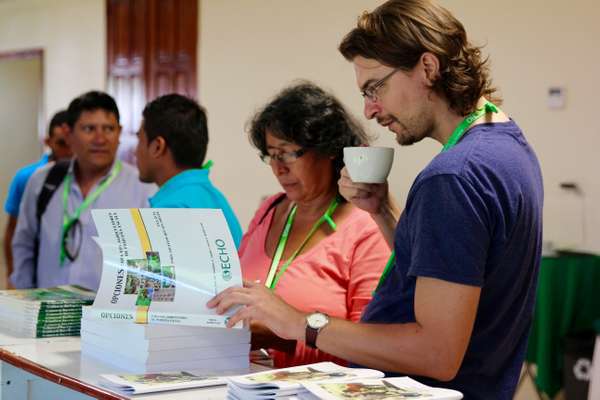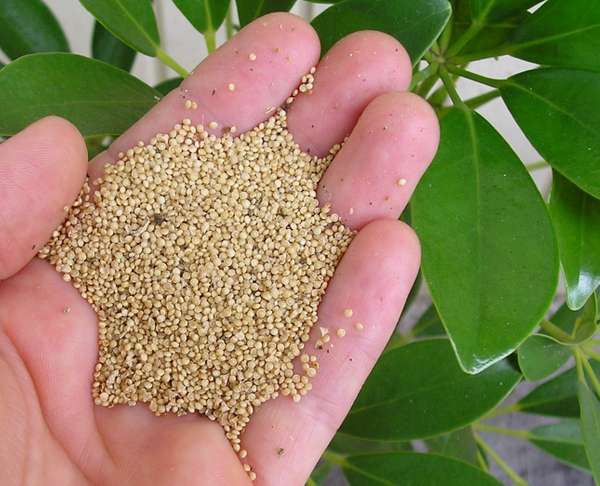ECHOcommunity ការធ្វើឱ្យទាន់សម័យ
Now Available! EDN 171 2025-09-23
In this issue
- The Neem Tree (Azadirachta indica): A Natural Treasure for Crop Protection
- The Difference-in-Differences Approach to Evaluate the Impact of a Project
- Echoes from Our Network: Using Solar Energy in Greenhouse Operations
- From ECHO's Seed Bank: Black Gram (Vigna mungo) urd bean, urad dhal
- Books, Websites, and Other Resources: Integrating Indigenous and Scientific Knowledge for Sustainable Food Systems in Africa: The Plug-In Principle
The Neem Tree (Azadirachta indica)
A Natural Treasure for Crop Protection
Hassan Djebro
Excerpt:
- Collect 5 kg of fruit that have fallen from the tree. Use only ripe fruit that are yellow or brown/chocolate in color.
- Soak them in water for 24 hours to remove the outer skins and obtain the husks (shells) containing the kernels.
- Dry the husks containing the kernels in full sun for at least a day.
- Gather husks containing kernels (are not empty).
- Crush them with a mortar and pestle to obtain a coarse powder.
- Place the resulting product in a plastic container (a lidded drum, a lidded bucket, etc.).
- Add 10 liters of water to it.
- Let the mixture steep for 24 hours.
- Filter the resulting product.
ECHO East Africa Innovation Exchange Conference Presentations 2025-09-16
NOW AVAILABLE
ECHO East Africa co-hosted the Innovation Exchange Conference in collaboration with Watersheds Foundation from July 16 to 18th. The conference was a time of sharing, encouraging, and learning from one another.
Presentations from speakers that you can now access include:
- Biointensive Agriculture
- Circuit Riding for WASH in Rurual Kenyan Health Stations and Schools
- Supported Self-Supply in WASH
- Maximizing Impact Through Integrated System Design: Solar, Water, and Agri-Processing
- so much more!
Dive Deeper with ECHO CEO Abram Bicksler 2025-09-07
Saturday, September 13th | Podcast (Online)
ECHO CEO Abram Bicksler will be a plenary speaker for the September meeting of the American Scientific Affiliation (ASA). Abram's Diving Deeper Discussion will discuss ECHO's mission, vision, and commitment to reaching smallholder farmers with agroecosystem strategies based on scientific evidence and local contextualization. This involves ECHO’s core functions of identifying (finding), validating (testing), disseminating (sharing resources and training), and evaluating (measuring) agricultural options that lead to effective and impactful training and dissemination of agroecosystem strategies. Join to listen live or listen to the recording and dive deep!
ISHS IV International Underutilized Plant Species Symposium 2025-09-02
Breakout Categories
Presenter sessions are in, and conveners have set the breakout session categories for October's IV International Symposium on Underutilized Plant Species.
Breakout categories are:
- Human Nutrition and Post-harvest Processing
- Plant Breeding and Genetic Resources
- Environmental Requirements and Adaptation
- Crop Managment Considerations
A Recap of the Global Holistic MEAL Symposium 2025-08-26
The Global Holistic Monitoring, Evaluation, Accountability, and Learning (MEAL) Symposium, held 7-9 July 2025 at ECHO Asia’s Regional Impact Center in Chiang Mai, brought together organizational leaders, researchers, and MEAL professionals for three days on the topic of measuring the transformative impact of holistic development efforts.
Day one featured sharing about challenges, successes, and lessons learned as well as case studies from various organizations.
Day two was facilitated through a charrette (pictured left) which brought together practical ideas, stimulated participants to work together, and facilitated consensus-based participation.
Day three started with a panel discussion on trust-based philanthropy, emphasizing how stories, statistics, and trust in an organization’s ethos and leadership go hand in hand. This was followed by a time of reflection.
Beyond the sessions, the symposium fostered networking and community-building. Attendees connected over shared interests, potential collaborations, and opportunities to drive meaningful change.
Great news for our community in Central America and the Caribbean (CAC)! 2025-08-19
The Regional Impact Center (RIC) now has a home base in Antigua Guatemala ✨
Our regional director is already on site, taking the first steps to get this space up and running and build the team that will help drive this process forward and serve you in the best way possible 🌟
🌱 Our desire is for the CAC RIC to be a living and useful tool for you—those who are on the front lines, walking alongside families and communities affected by hunger and malnutrition.
🚀 Join us on this journey, filled with hope and commitment!
🙏 Together with you, we seek to keep working to combat hunger and malnutrition in our region, and to promote a just, sustainable, and life-giving food model for the glory of God.
Free Webinar: Fire up your fertility with DIY biochar made simple 2025-08-12
August 19th | 6:00 PM EST | Free Online Webinar
Reserve your spot today and turn everyday biomass into lasting soil fertility!
Join Elliott Toevs of ECHO North America and NCAT's Gabriella Soto-Vélez for a practical deep dive into biochar.
- gather low-cost biomass
- assemble a compact kiln and fire it
- quench the biochar
- inoculate the fresh char with compost or liquid nutrients
- apply it at the right rates to boost soil structure, water-holding capacity, and microbial life
EIAC 2025 Early Bird Extended 2025-08-05
Did you miss the Early Bird deadline for the November ECHO International Agriculture Conference? We have extended our deadline for the Early Bird price to August 31st!
Visit the link to the conference website above for more information about our plenary speakers, post-conference options, becoming a speaker, poster session opportunities, lodging, and registration.
We hope to see you this November!
Promote your event! Utilize ECHO Conversations' event category 2025-07-29
Network Event Postings
Does your organization have an event coming up that might be of interest to agricultural or community development workers? Post it here with details and a link for more information or to register. Please include the date of the event so we can ‘hide’ the posting once the event is in the past. Include any details that will be helpful for ECHO Community members when planning for the event!
Seed Banking Training at ECHO North America! 2025-07-22
Are you interested in seed security?
Join this 5-day intensive on seed saving and seed banking! You will explore key topics such as seed biology, multiplication, selection, processing, storage, and pest management, with an emphasis on enhancing food security and agricultural development. The course includes hands-on demonstrations and real-world applications, providing practical skills for successful seed management in the tropics. The week will conclude with a seed swap, offering an opportunity to connect and exchange resources with fellow participants!
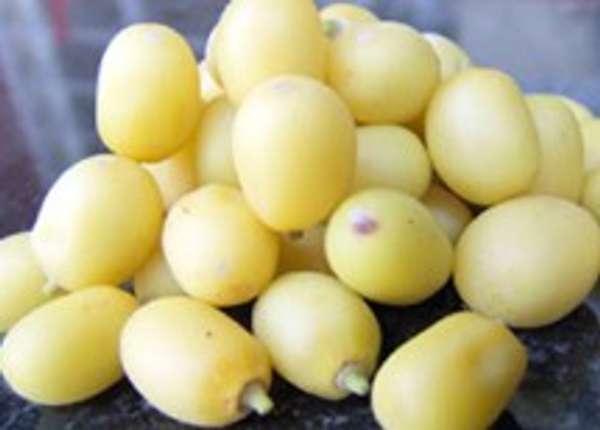
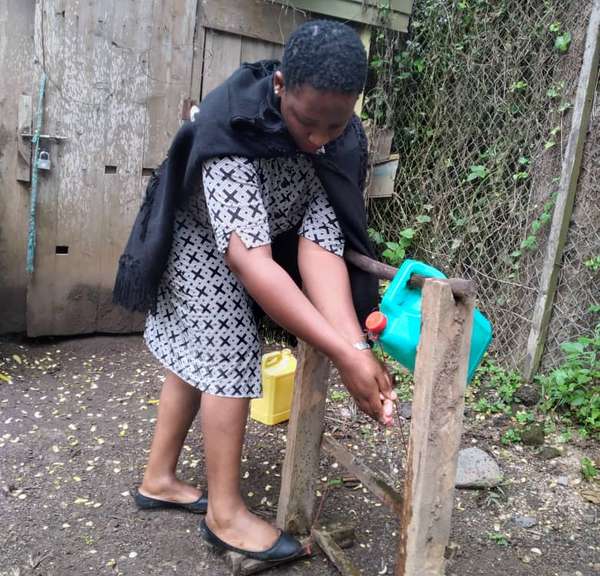

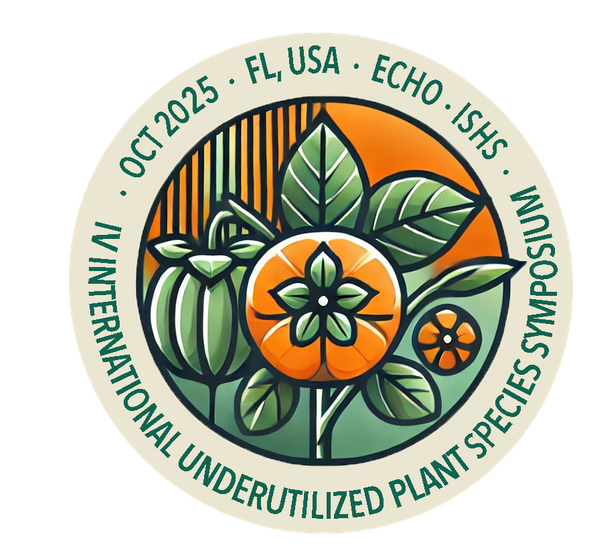
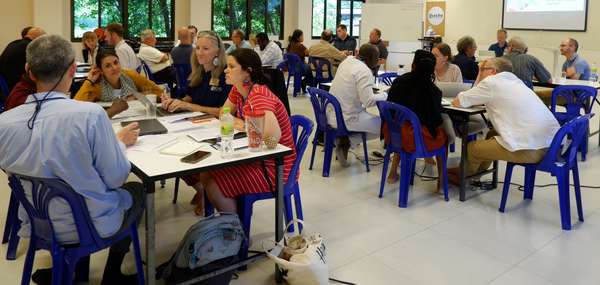
.png?w=600)
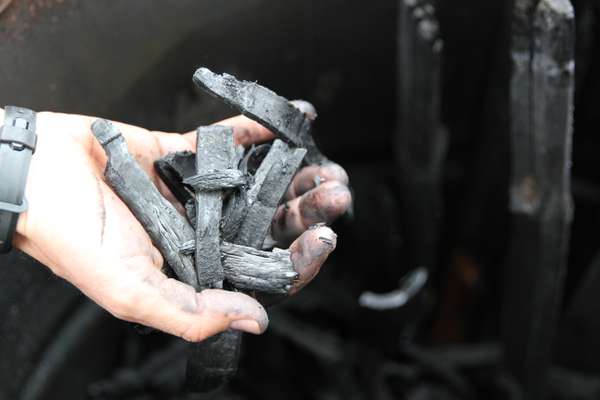
.png?w=1200)
